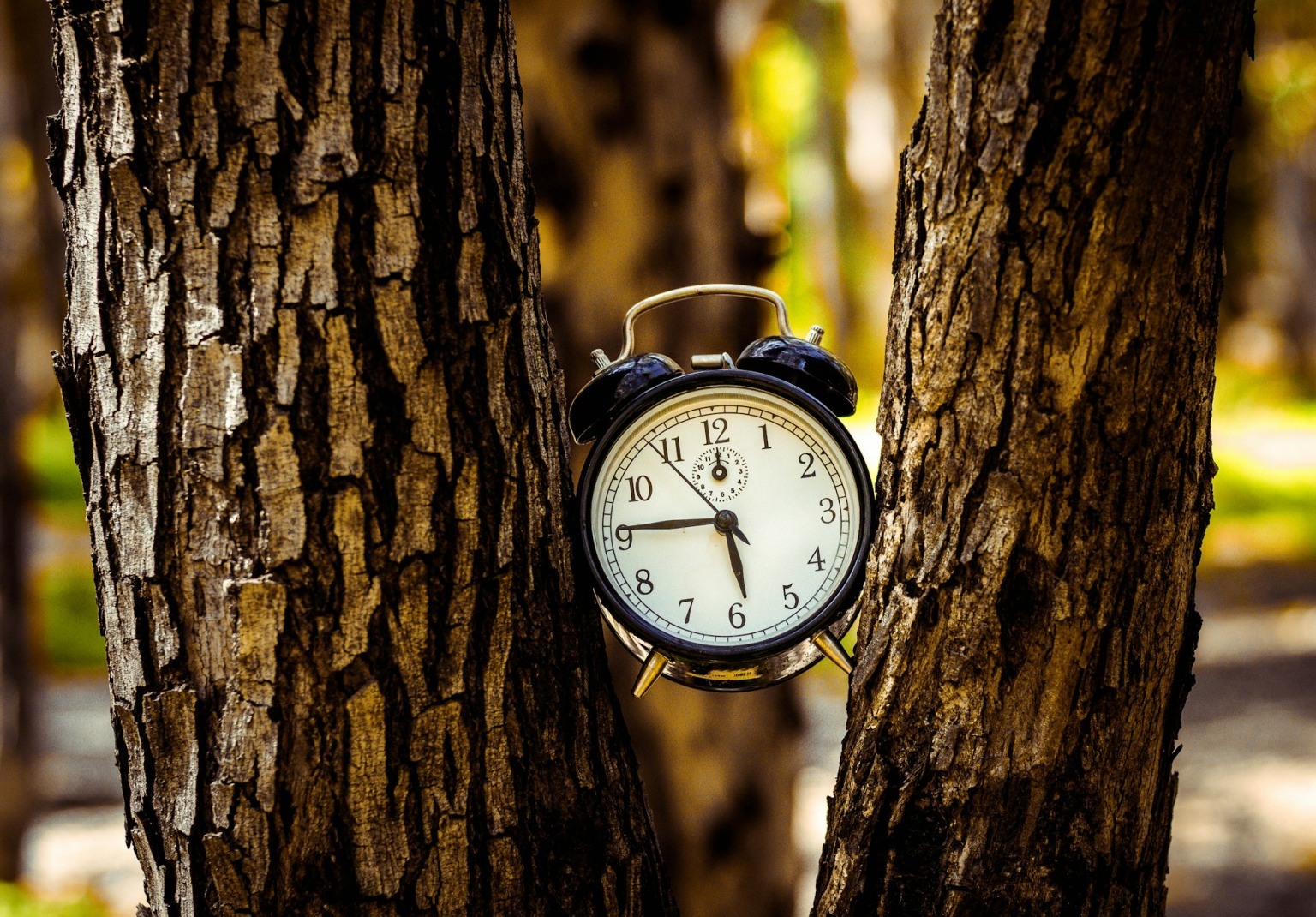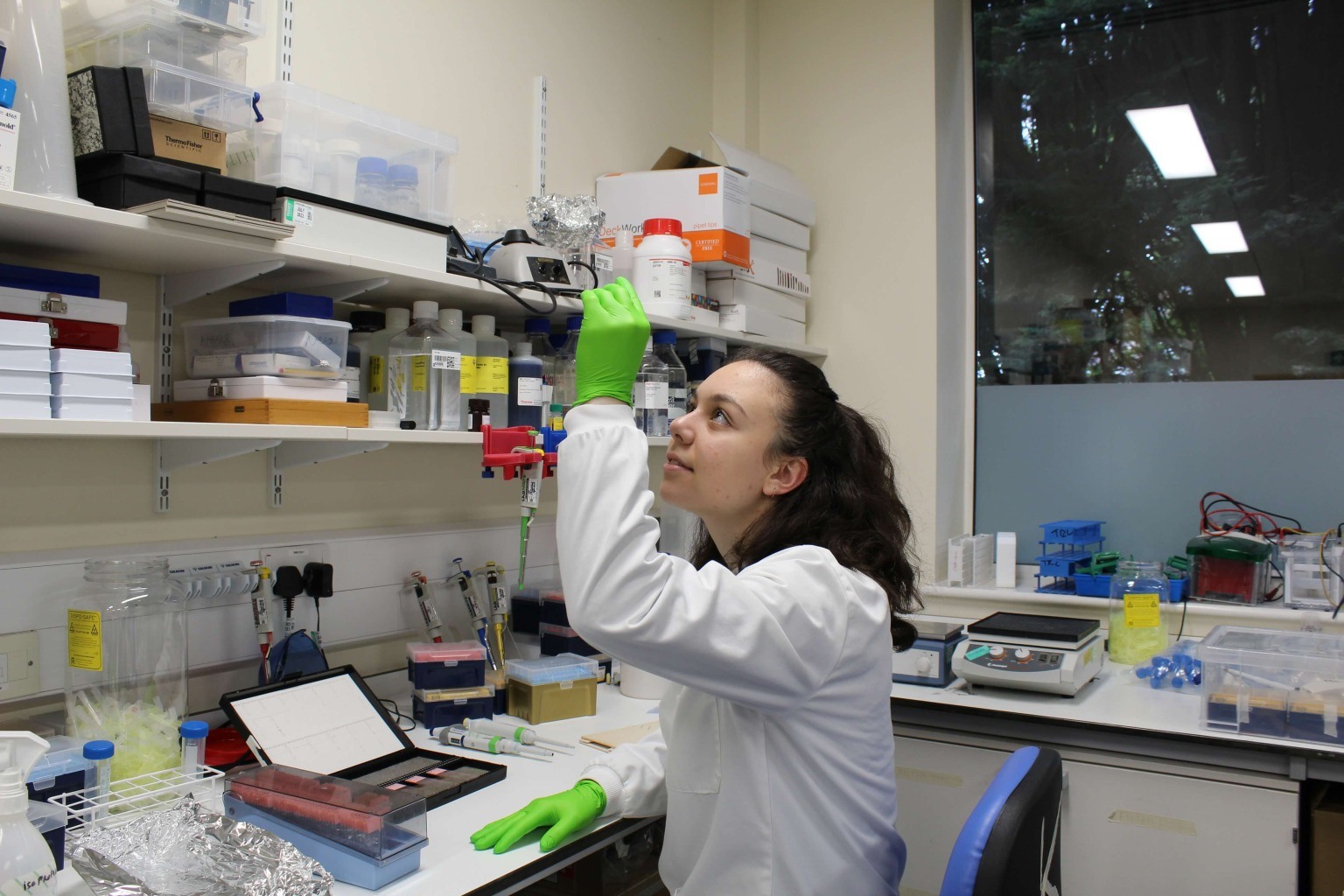
Celebrating the International Week of Science and Peace
Tatiana Charikleia Styliari

The essence of our internal alarm system lies in the finely tuned circadian rhythm—our body's version of clockwork precision, minus the ticking [1]. This rhythm helps regulate our sleep-wake cycles, addressing cues like natural light and daily routines. When your schedule becomes predictable, your body tends to anticipate the day’s start, often waking you up ahead of your alarm, trying to be the overachieving morning warrior, instead of letting you indulge in a few more minutes of blissful sleep.
Then there's the delightful cocktail of stress and anxiety. With pressures that rival those of launching a rocket, living life with constant clock-watching can lead to perpetual frustration and anxiety [2]. This habitual stress response doesn't just stay confined to the mind; it engages the entire body, leaving you on high alert. When anxiety reigns supreme, cortisol levels rise, and your body's alertness increases—a comedy of biological errors that is not conducive to maintaining drowsiness. Instead of counting sheep, your brain hyper-engages, counting worries.
Add to this the elegant pause of life—those moments where you truly give in to yourself in the pursuit of restful balance. Perhaps waking before your alarm is your mind's celebration, saying it's had its restorative downtime. You've afforded space to let nature wake you gently, without coercion.
As you navigate the balance between life and sleep, it can be insightful to monitor not only the hours you keep but also the soothing routines that cradle you into blissful rest: from calming techniques to environmental factors, and even nutritional and exercise habits that synergistically guide your sleep [3].
In the end, waking before your alarm is not merely a coincidence; it's a call to embrace your body's symphony. It's a gentle probing into the depth of your connection with life's rhythm and sanity amidst the chaos. Let those minutes before your alarm awaken you to the joys of a well-balanced life, before you tackle the day's marathon. As Archimedes once took his legendary bath, perhaps we, too, will find answers in the silence before alarms disrupt our peace.
Sources:
[1] Lee Y, Field JM, Sehgal A. Circadian Rhythms, Disease and Chronotherapy. J Biol Rhythms. 2021 Dec;36(6):503-531. doi: 10.1177/07487304211044301. Epub 2021 Sep 22. PMID: 34547953; PMCID: PMC9197224.
[2] Baranwal N, Yu PK, Siegel NS. Sleep physiology, pathophysiology, and sleep hygiene. Prog Cardiovasc Dis. 2023 Mar-Apr;77:59-69. doi: 10.1016/j.pcad.2023.02.005. Epub 2023 Feb 24. PMID: 36841492.
[3] Mayoclinic.org

Tatiana Charikleia Styliari


Katerina Britzolaki

Athina Lisgara